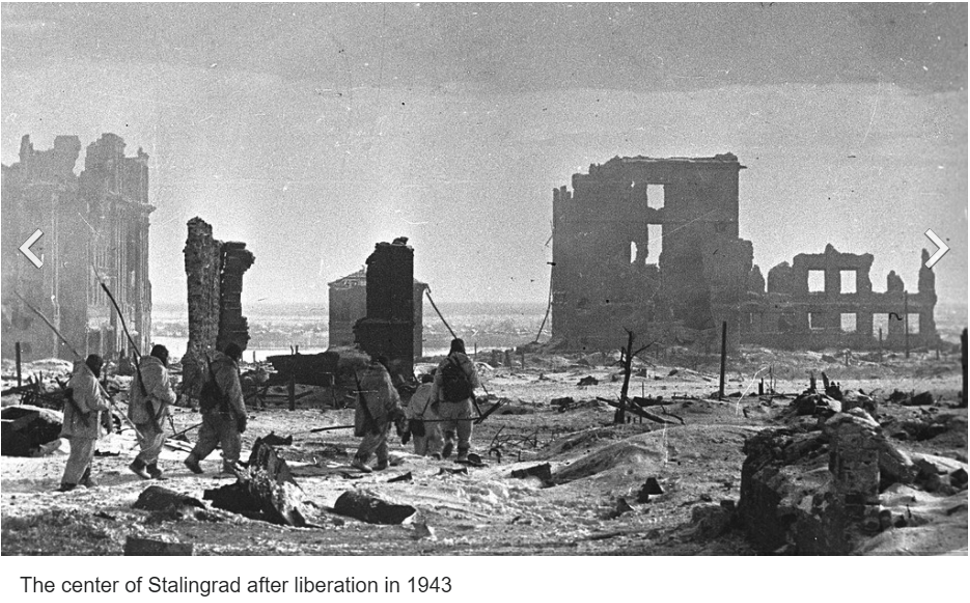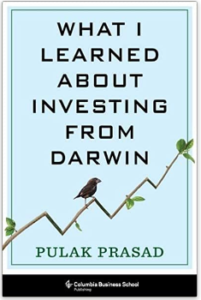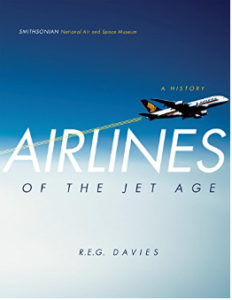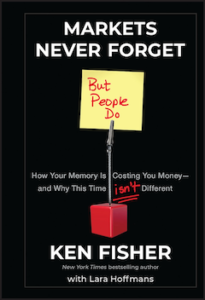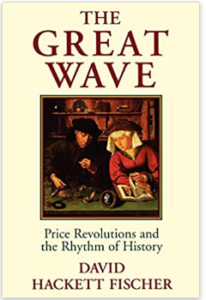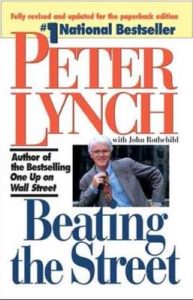Below I share the books inside my recently created Kindle collection of War Books. While I have generally not been a big fan of this genre, what I learned in the last few weeks is how little I knew about the many wars that get lost in history. I also learned that much of what is happening in today’s geopolitical landscape is more of the same. Stated differently, just because CNN covers it, or some Harvard professor wrote a book about it, doesn’t make a conflict more or less relevant.
Not surprisingly, if one just searches for the “War” topic in the Kindle, finding the best books is like finding a needle in a haystack. The 12 titles below have been curated from multiple sources including other books, such as George Freedman’s The Next 100 Years (2009), General LeMay’s biography (2009), and those of Napoleon, Churchill, Hitler, Stalin, and other influential war leaders. I also picked up some titles from YouTube videos, including with the Russian journalist Dimitri Pozner at Yale in 2018 and the political scientist John Mearsheimer at Chicago in 2015. In the Yale video, Pozner quoted from a hardcopy of Schlesinger’s 1986 book.
I finished Shlesinger’s Cycles of American History (1986) this morning and thought it was one of the best books I ever read. One must read so much history to appreciate how the art of history-telling goes through cycles, that very few people can accomplish what Schlesinger delivers in this book. For example, he profiles (in detail) how the biographies of US presidents get revised over time, including those of Jefferson, Jackson, Wilson, Roosevelt, and Kennedy. It makes for truly fascinating reading and helps one appreciate how to study and better interpret history by guarding against these fluctuations. It also explains why the Russians and Chinese have world views that are so different from those in the West.
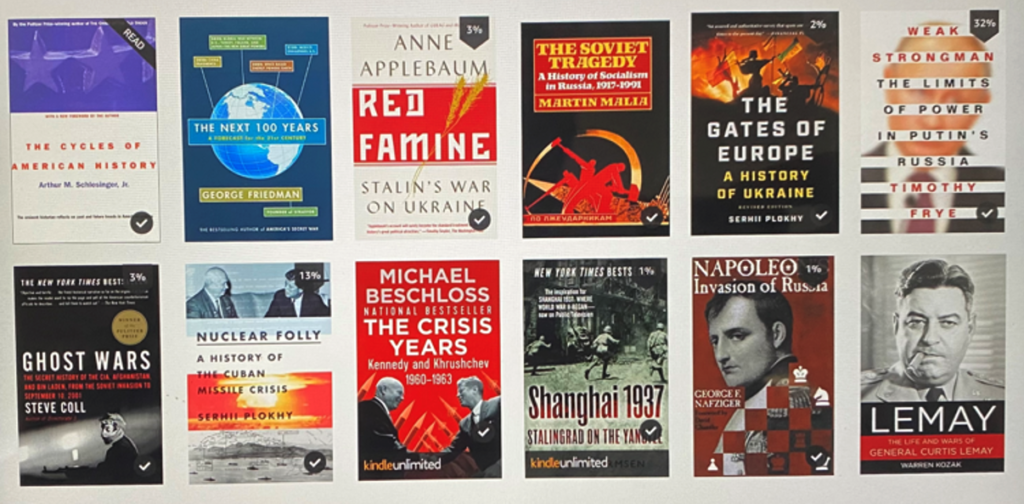
Red Famine (2017) covers one extreme case of Stalin’s atrocities, known as the Holodomor (great Famine of 1932), while The Gates of Europe (2015) provides a history of Ukraine’s tragic existence. Napoleon’s Invasion of Russia(1988) is a classical review of Napoleon’s tactical and strategic mistakes with Russia, which Hitler went on to repeat. Speaking of tragedies, the Soviet Tragedy (1994) profiles how and why the Russian social experiment failed. This is a book that only became possible after the USSR dissolved in 1991 and historical records (previously kept secret by the Soviets) were finally accessible. Ghost Wars (2004) is about the CIA’s ill-conceived deals that led to the Afghanistan debacle. It is a page turner!
The final mention is Shanghai 1937 (2013), which tells the story of how the Japanese massacred the Chinese in their own homeland, leaving a scar so deep that it remains largely incomprehensible in the West. The subtitle calls it theStalingrad in the Yangtze, which is reference to the WWII Battle of Stalingrad (August 1942 – February 1943), when the Nazis failed to take over the Russian city despite killing millions. This same Russian city was founded as Tsaritsyn in 1589, re-named Stalingrad in 1925, then renamed again to Volgograd by Khrushchev in 1961. Most Americans don’t even know it exists, while most older Russians could not let go of its significance if they tried. As Harari mentions towards the end of this TED interview from March 2, 2022, we are all cursed by history.
